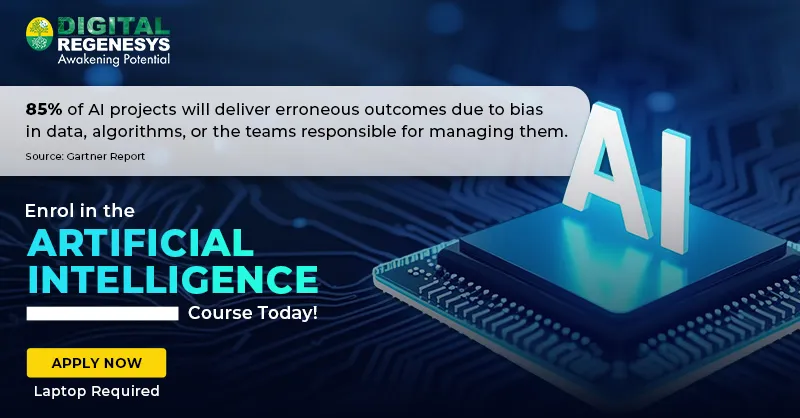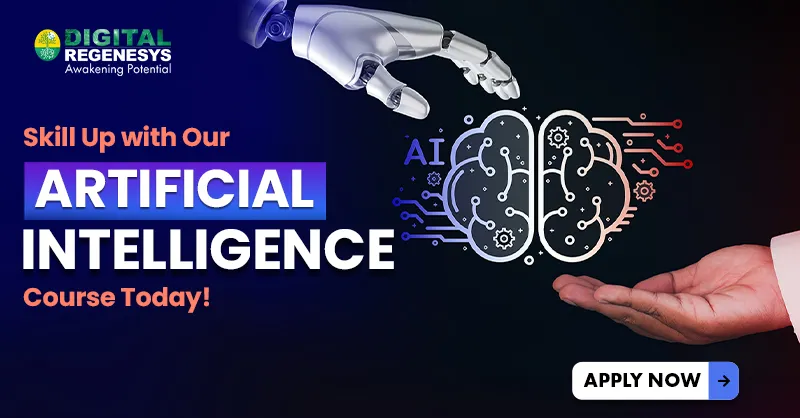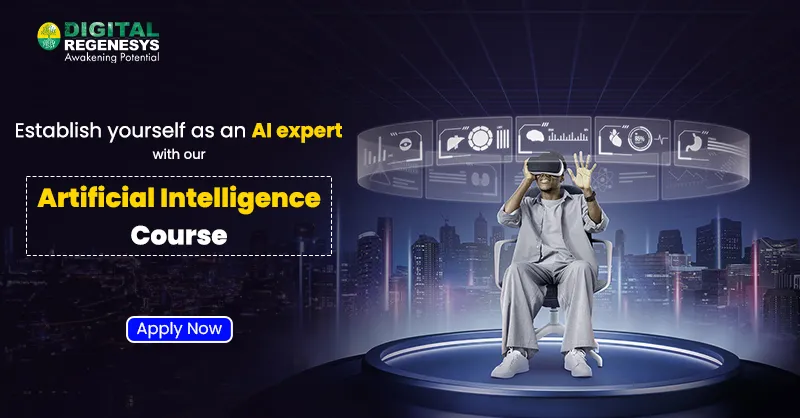AI in Nigeria – Strategy for 2026

Can Nigeria become Africa’s next AI powerhouse? With a population of over 200 million and a fast-growing tech ecosystem, the country is uniquely positioned to leverage AI across industries. According to Arion Research (2025), 93% of Nigerian organisations have adopted AI, with 30% at an advanced stage.
This demonstrates that businesses are ready to integrate AI into operations and innovation. A young, tech-savvy population further accelerates adoption, making 2026 a pivotal year for AI growth across governance, economy, and social sectors.
In this article, we explore Nigeria’s AI strategy for 2026, examining policy frameworks, innovation ecosystems, workforce development, and sectoral applications shaping the country’s digital future.
Driving Forces Behind Nigeria’s AI Growth
Nigeria’s AI journey is powered by several intersecting factors. Demographics, technology access, and entrepreneurial energy converge to create fertile ground for AI adoption. Young professionals are leading innovation in fintech, edtech, and agritech. Startups are experimenting with AI tools to solve real-world challenges.
Government policies encourage research and investment. Increasing connectivity across urban and rural areas ensures broader AI integration. Together, these forces are creating an ecosystem where AI is not only possible but rapidly scaling across sectors, driving efficiency and innovation.
Understanding these drivers is key to appreciating Nigeria’s AI roadmap and strategic vision.
Key Drivers:
- Tech-savvy, young population fostering innovation
- Expanding the internet and digital infrastructure
- Growth of AI-focused startups and incubators
- Government incentives supporting research and adoption

Policy Framework and National AI Vision
Nigeria recognises AI as critical to economic diversification and technological leadership. The National Information Technology Development Agency (NITDA) is central to establishing ethical AI guidelines, regulatory frameworks, and policies promoting AI innovation.
By prioritising ethical use and transparent deployment, the government encourages trust and public engagement. Policies also include funding for AI research, incentives for AI-enabled businesses, and collaboration between public institutions and private tech companies, creating a structured ecosystem for AI to thrive while protecting citizens’ rights and data privacy.
Policy Highlights:
- Ethical AI guidelines for responsible deployment
- Public-private collaboration and research funding
- Regulations supporting data security and transparency
- Incentives for AI startups and innovation
Learn Why Do We Need Artificial Intelligence?
Strategic Pillars of Nigeria’s AI Development
Nigeria’s AI strategy rests on four pillars: governance, economy, social development, and infrastructure. AI improves public administration by streamlining processes, enhancing transparency, and optimising resources. In the economy, AI powers fintech, e-commerce, and supply chains.
Social development benefits include personalised education and better healthcare access. Infrastructure gains include smart city initiatives, predictive traffic management, and energy optimisation. Together, these pillars form a holistic framework enabling Nigeria to integrate AI meaningfully across its society and economy, ensuring sustainable and inclusive digital transformation.
Strategic Pillars:
- AI-powered governance and public service efficiency
- Economic growth through AI in fintech and commerce
- Social development via education and healthcare
- Smart infrastructure and city planning initiatives

AI Ecosystem and Innovation Hubs
Nigeria’s AI ecosystem is growing, led by innovation hubs in Lagos, Abuja, and Ibadan. These hubs provide mentorship, funding, and resources to AI startups solving local challenges in education, agriculture, logistics, and finance. Universities and research centres collaborate with businesses to advance applied AI research.
Hackathons, bootcamps, and accelerators foster talent and hands-on learning. Together, these initiatives create an environment where AI solutions can be tested, scaled, and commercialised, contributing to a vibrant ecosystem that drives technological leadership and regional competitiveness.
Key Highlights:
- AI-focused startup incubators and accelerators
- Collaboration between universities and tech companies
- Hackathons and bootcamps promoting AI skills
- Funding opportunities for innovative AI solutions
Get insights on – Master AI with Our Comprehensive Online Deep Learning Course.

Societal and Economic Impact of AI
AI is transforming Nigeria’s economy and daily life. In agriculture, predictive analytics optimise crop yield. Healthcare benefits from AI-enabled early diagnosis and telemedicine, particularly in underserved regions. Financial services use AI to improve credit scoring, fraud detection, and customer experience.
Logistics and supply chain management leverage AI for efficiency. These applications not only improve productivity but also enhance social inclusion by providing tools and services to communities previously underserved by traditional methods, thereby helping Nigeria achieve both economic and societal gains simultaneously.
Applications:
- Precision agriculture and crop monitoring
- Predictive healthcare and telemedicine
- Financial inclusion via AI-driven fintech
- Logistics optimisation for supply chains
Building Nigeria’s AI Workforce
Developing an AI-ready workforce is essential for Nigeria’s strategy. Courses teach machine learning, data science, and AI implementation. Upskilling initiatives equip professionals to apply AI in real-world settings. Targeting youth and women ensures inclusive participation.
Practical courses, such as the Digital Regenesys Artificial Intelligence Certificate Course, provide hands-on experience with AI tools and frameworks, bridging the gap between theory and application. By fostering local talent, Nigeria ensures its workforce can drive innovation and implement AI solutions across industries effectively.
Workforce Initiatives:
- University AI and data science programs
- Upskilling and reskilling professionals
- Inclusive programs for youth and women
- Practical courses like the Digital Regenesys AI Certificate Course
Learn more about – Why Getting an Online AI Certification is Essential for Future Job Markets.

Challenges and Barriers to Implementation
Despite progress, Nigeria faces challenges in AI adoption. Limited infrastructure, including computing resources and broadband, slows expansion. A shortage of skilled AI professionals creates gaps in execution. Regulatory frameworks are evolving but remain fragmented, affecting ethical AI deployment.
The urban-rural digital divide limits access to technology and benefits for all citizens. Addressing these challenges through targeted investment, policy refinement, and skill development is key to ensuring that AI contributes positively and inclusively to Nigeria’s social and economic transformation.
Challenges & Recommendations:
- Limited AI infrastructure and computing resources
- Shortage of qualified AI professionals
- Fragmented regulatory and ethical frameworks
- Urban-rural digital access gap
Future Outlook: Nigeria’s AI Strategy by 2026
Nigeria aims to fully integrate AI into national development by 2026, fostering innovation, inclusion, and economic growth. Key sectors include education, agriculture, governance, fintech, and smart cities.
Emerging startups, public-private collaboration, and international partnerships will continue to drive adoption. AI-based solutions are expected to enhance productivity, transparency, and inclusivity.
|
Focus Area |
2026 Goal |
Expected Impact |
|
Education |
Nationwide AI literacy |
Skilled AI workforce |
|
Agriculture |
AI-driven precision farming |
Higher yields & sustainability |
|
Governance |
AI in public services |
Transparency & efficiency |
|
Fintech |
Fraud detection & analytics |
Financial inclusion |
|
Smart Cities |
AI in transport & energy |
Efficient urban living |
With consistent implementation, Nigeria’s AI strategy will position the country as a continental leader in technology and innovation.

Conclusion
Nigeria’s AI strategy for 2026 blends policy, innovation, and workforce development to drive sustainable growth. By empowering talent and fostering innovation, the country can harness AI to transform industries and society.
Professionals can gain practical skills through the Digital Regenesys Artificial Intelligence Certificate Course, preparing them to implement real-world AI solutions and contribute to Nigeria’s digital revolution.
Visit Digital Regenesys to explore AI courses and become a part of Nigeria’s AI-driven future.
Last Updated: 19 November 2025